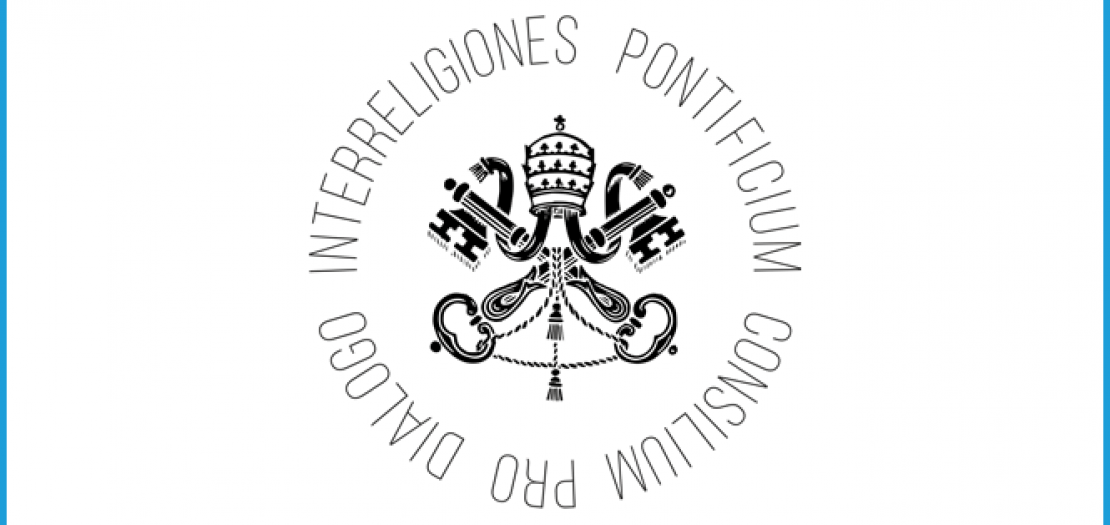Issued by the Catholic Center for Studies and Media - Jordan. Editor-in-chief Fr. Rif'at Bader - موقع أبونا abouna.org
Christians and Muslims: "Sharing joys and sorrows"
The Pontifical Council for Interreligious Dialogue (PCID) issued the annual Ramadan Message on the first week of Ramadan which was signed by PCID President Cardinal Miguel Ángel Cardinal Ayuso Guixot.
The message does not conceal the fact that the COVID-19 pandemic has already killed millions of people around the world. Others fell ill and were cured, yet they suffered greatly and for a longtime from the ramifications of the disease. The message addresses the Muslim brethren worldwide saying: "As you celebrate the month of Ramadan, which ends with Eid Al-Fitr, our thoughts turn to gratitude to God Almighty, who in His care kept us all safe. We also pray with sorrow for the dead, and with hope for the sick."
The Ramadan message issued by the Vatican discusses the issue of sharing by stating that "We all share God’s gifts, namely air, water, life, food, shelter, the fruits of medical and pharmaceutical advances, the results of the progress of science and technology in diverse fields and their application, the ongoing discovery of the universe’s mysteries... the awareness of God’s bounty and generosity fills our hearts with gratitude towards Him and, at the same time, encourages us to share His gifts with our brothers and sisters who are in any kind of need. The poverty and precarious situations in which many people find themselves because of the loss of employment and the economic and social problems related to the pandemic make our duty of sharing ever more urgent."
The best source of sharing springs from genuine empathy and effective compassion towards others. In this regard, we find a meaningful challenge in the New Testament: “If anyone is well-off in worldly possessions and sees his brother in need but closes his heart to him, how can the love of God abide in him? Children, our love must be not just words or mere talk, but something active and genuine.” (1 John 3, 17-18)
However, sharing is not limited to material goods. Above all, it involves sharing one another’s joys and sorrows, which are part of every human life. The message adds that Saint Paul invited the Christians of Rome to rejoice with others when they rejoice, and be sad with those in sorrow.” (Romans 12, 15) It quotes Pope Francis who affirmed that "a shared pain is halved and a shared joy is doubled."
From empathy comes the sharing of attitudes and sentiments on the occasion of important events, both joyful and sad, in the lives of our relatives, friends and neighbors, including those from other religions: their joys become ours, their sorrows become ours as well.
The message gives vivid and practical examples of shared joys by mentioning the birth of a child, healing from a sickness, success in studies, at work or in business, safe return from a journey, and certainly other occasions. It also reveals joy confined for believers, namely the celebration of major religious feasts. When we visit or congratulate our friends and neighbors of other religions for those occasions, we share their joy for the celebration of their feast without having to adopt the religious dimension of the celebrated occasion as our own.
As for the shared sorrows they are, first of all, the death of a person close to us, the sickness of a member of the family, the loss of a job, the failure of a project or of a business, a crisis in the family that sometimes results in its division. It is obvious that we need the proximity and solidarity of our friends more in times of crisis and sorrow than in times of joy and peace.
As we read this message in our dear Jordan today, we realize that it is not strange for people to share with others their joys and sorrows which are manifested in national and human activities that are rare in countries of the world. Congratulations to us. Let us look forward for more achievements, God willing.







